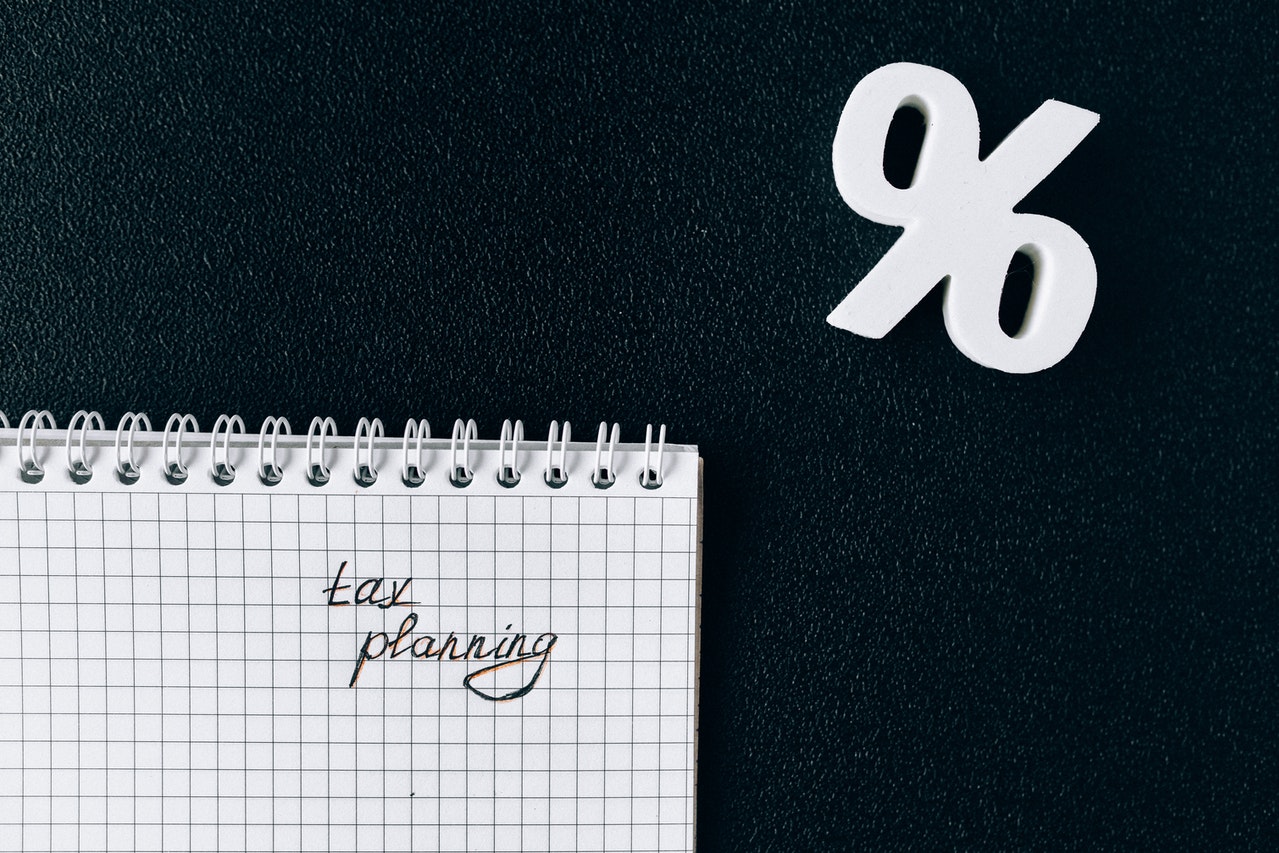
The Basics Of UK Corporate Tax
When managing your own business in the UK, one of the biggest but most essential bugbears is corporate tax. In the UK, corporate tax is kept track of and sent to Her Majesty’s Revenue & Customs (HMRC, formerly Inland Revenue), and taxes businesses based on their earnings throughout the year. It’s similar to income tax for employee salaries, and since 2016 and all through the pandemic, the corporate tax rate has stayed at 19%.
But, there is a lot more you need to know about corporate tax, which this article will cover in brief. We will give you information on who is liable to pay the tax and how they do it, as well as what would happen if a business does not pay its corporate taxes promptly.
Who Pays Corporate Tax?
Corporation tax is payable by all UK limited companies, or foreign companies that have a branch or office in the UK.
Many other types of organisations may also need to pay it, even though they may not be incorporated. This includes:
- Groups of individuals carrying out a business (such as worker co-operatives)
- Members clubs, societies and associations
- Trade associations
- Housing associations
Sole traders or partnerships, being more humble businesses, do not pay corporate tax, but income tax on their profits via a self-assessment tax return. However, unlike income tax, businesses are not afforded a tax–free allowance threshold, and thus all profits are taxable. On the other hand, businesses benefit from several deductions on certain expenses that can reduce the tax fee.
A corporate tax accountant can prepare your tax calculations and make sure it is paid on time, though it is down to the company director to make sure this goes through in time and is the one liable if it has not been paid before the deadline.
What Expenses Can Be Deducted From Corporate Tax?
Companies can deduct tax on capital allowances on assets that you keep for use in your business, such as equipment, machinery and vehicles of any kind.
Depending on the type of business you have could affect what deductions you can make. For example, those working in the creative industries are liable to tax benefits if they profit from media such as film, television, video games, theatre and more.
Corporate tax accountants can help to keep track of your expenses and find which are able to be deducted from your final corporate tax bill. Even for a smaller business, managing these finances can be a job in itself, and Stonehouse Accountants have the experience to spot expenses that you may not even think were deductible from your tax bill.
How Do You Pay Corporate Tax?
To pay corporate tax, you must submit a company tax return (form CT600) to HMRC once a year. This form prompts you to hand over information regarding your company name, registration number, office location, annual turnover and details of your expected deductions.
When Is the Deadline?
The deadline for your corporation tax return is at any point between the date of your company year-end and your statutory filing date. The statutory filing date is either 12 months after the year-end or three months after you receive a notice to deliver a return from HMRC – whichever comes the latest.
Be sure to get on top of this and not leave it until the last minute, because there are benefits for those who are provocative, and penalties for those who are overdue.
Are There Any Late Penalties?
If you miss the deadline to hand over your corporate tax or its returns, there is an increasing set of penalties incurred that grow the longer it is left.
Even if it is a day late, you will have to pay a £100 penalty, and after three months, this will double. Upon being six months late, your tax bill will increase by 10% as a penalty, and if you are a year late, this will rise to 20% added to your bill.
Keep in mind that HMRC has the authority to do several things to recover any outstanding bills, including taking them out of your earnings or pension, using debt collection agencies, selling things you own or, in the most extreme cases, closing your business down. Needless to say that it should be of the utmost importance to deal with corporate tax.
How Can Stonehouse Accountants Help You With Corporate Tax?
Our limited company and corporate tax accountants in Peterborough will help you not only file your corporate tax returns but will give you advice and strategies to reduce your corporate tax bill. It can be a huge bill if you’re not on top of keeping it as low as possible, but we can take care of all of that.
Our services include keeping track of your allowable expenses that needn’t be taxed, organising salaries to maximise the number of deductible profits legally possible and paying your tax bill early to get a handy little interest bonus off of HMRC.
With over three decades of experience in leading businesses based in the Cambridgeshire area and beyond, Stonehouse Accountants in Peterborough is a safe pair of hands that will nurture your business’ finances. The money you’ll save from tax deductions could allow you to invest in your business further.
If you are interested in becoming part of our portfolio or have never worked with an accounting firm before, contact our team today to get started.
